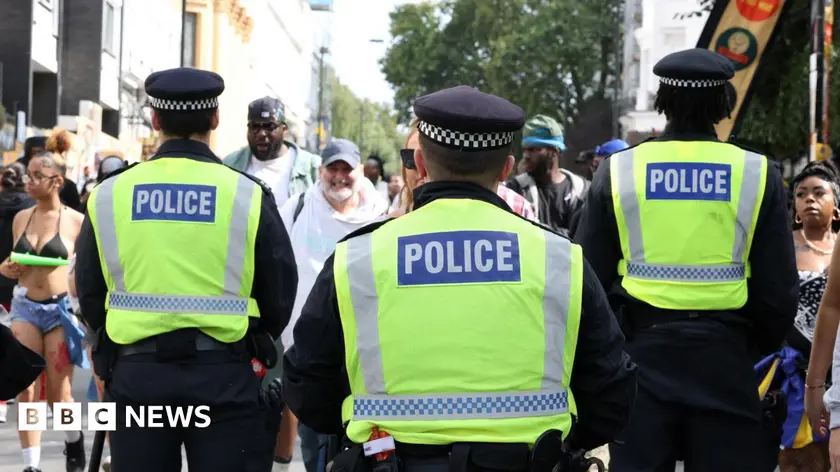T4K3.news
Live facial recognition vans expand
The Home Office expands the use of live facial recognition vans with a legal challenge pending and safeguards in place.
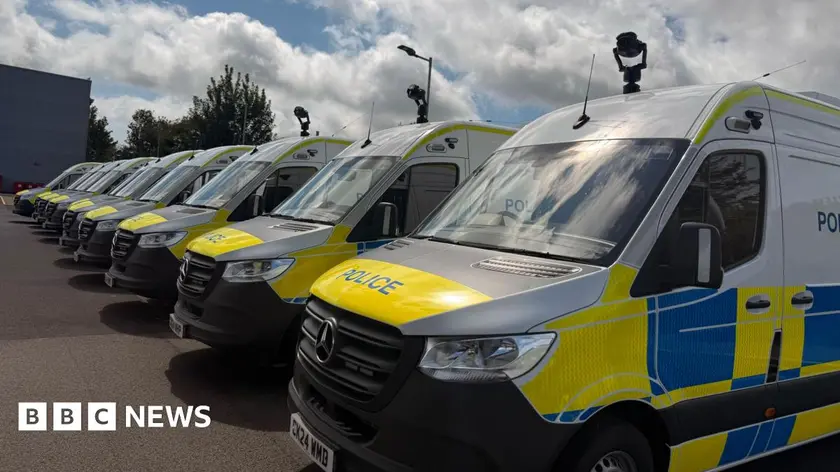
The Home Office expands the use of live facial recognition vans while civil liberties groups urge stronger safeguards.
Government expands police use of live facial recognition vans
The Home Office confirms a broader rollout of live facial recognition vans by the Met Police. The move arrives as courts consider a judicial review of the technology and amid ongoing concerns from civil liberties groups. Big Brother Watch has launched a legal challenge with Shaun Thompson, who was wrongly identified by an LFR camera, highlighting the risk of misidentification and civil liberty breaches. The government says officers will follow the College of Policing guidance and the Surveillance Camera Code of Practice, and it points to independent testing by the National Physical Laboratory that the algorithm is accurate with no bias at the settings used by police.
Officials frame the expansion as a targeted tool, intended to identify sex offenders or people wanted for serious crimes who have not yet been located. The plan sits alongside pledges to provide the necessary training and to align with existing safeguards. South Wales Police, represented by Chief Superintendent Tim Morgan, says it operates ethically and in line with legislation and guidance, while the Police Federation stresses the need for extensive officer training as forces face retention challenges.
Key Takeaways
"Police have interpreted the absence of any legislative basis authorising the use of this intrusive technology as carte blanche to continue to roll it out unfettered, despite the fact that a crucial judicial review on the matter is pending."
Big Brother Watch critique of the rollout amid ongoing legal challenge
"It's welcome news that the government will finally develop a statutory framework on the use of facial recognition, but this should be in place before more facial recognition technology is rolled out."
Liberty comment on safeguards and timing
"We understand the concerns which are raised about the use of live facial recognition technology and we use any new technology ethically and spend time and effort making sure it's deployed in line with all legislation and guidance."
Statement from Tim Morgan, South Wales Police
"Facial recognition will be used in a targeted way to identify sex offenders or people wanted for the most serious crimes who the police have not been able to find."
Home Secretary statement on targeted use
The issue sits at the intersection of public safety and civil liberties, testing how quickly police tech can scale before laws and safeguards keep pace. The government argues that existing guidance and testing provide a framework, but critics warn that a robust statutory regime is not yet in place. The core tension is clear: expand capabilities now, or pause to build stronger governance. The debate will likely influence future funding, oversight, and the pace at which new tools are adopted in the street. The case in court could redefine acceptable boundaries for facial recognition in everyday policing.
Highlights
- Safeguards cannot be an afterthought.
- Legislation must catch up with technology.
- Public input should shape policing tech.
- Cameras on every street need real limits.
Surveillance expansion risks civil liberties
The wider deployment of live facial recognition raises concerns about privacy, potential misidentification, and the lack of a formal legislative framework. Civil liberties advocates warn of a chilling effect and call for robust safeguards before broader use.
The balance between safety and privacy will keep shaping policy as the investigation and oversight unfold.
Enjoyed this? Let your friends know!
Related News

Russia blocks encrypted calls
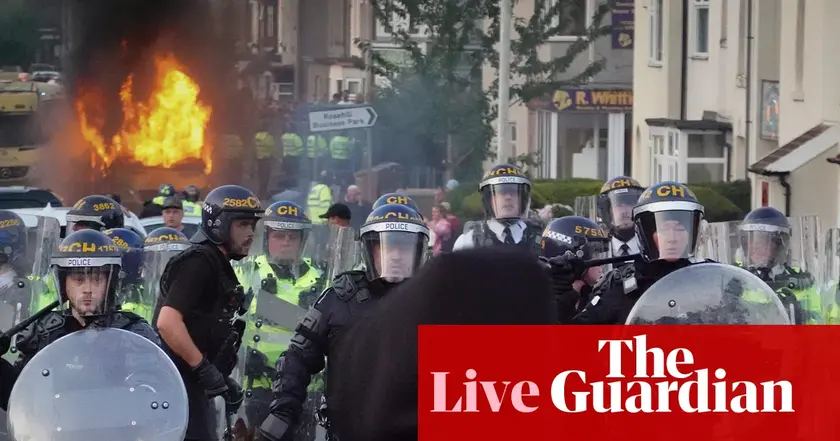
Police will share suspects ethnicity and nationality
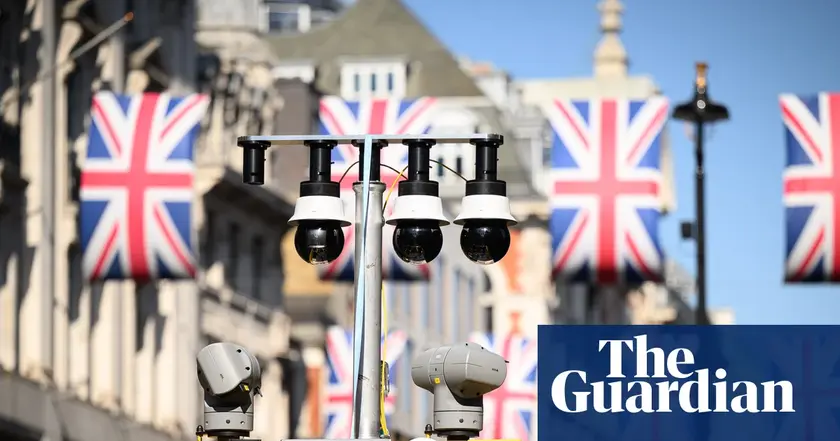
EHRC challenges Met on facial recognition at Notting Hill carnival

Tinder enforces new facial recognition feature in California
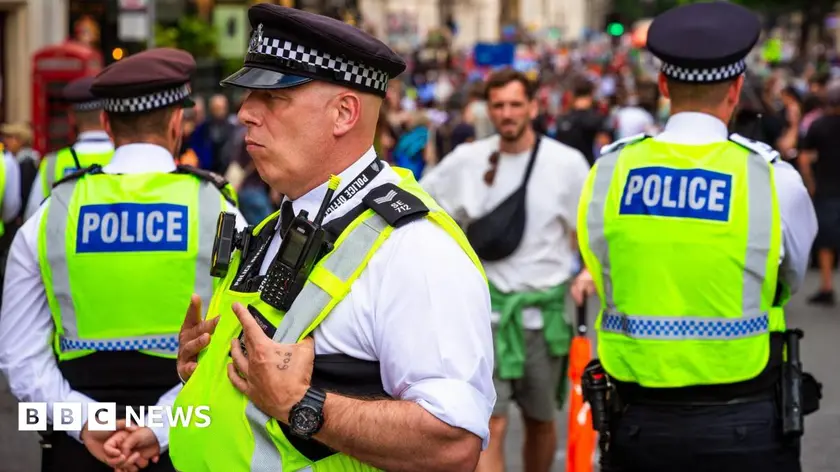
EHRC challenges Met facial recognition use
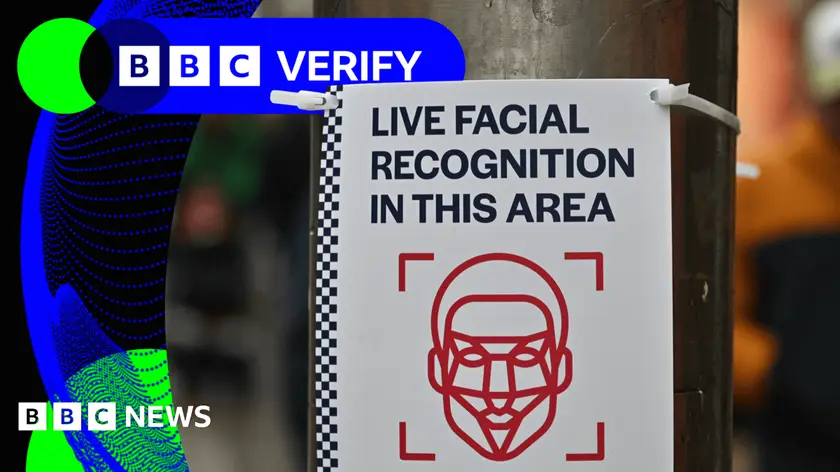
BBC Verify highlights verification practices
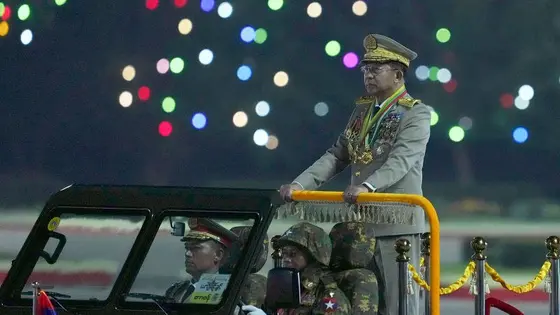
Myanmar election plan faces global scrutiny

Study Reveals Autism Masking Effects on Teens
